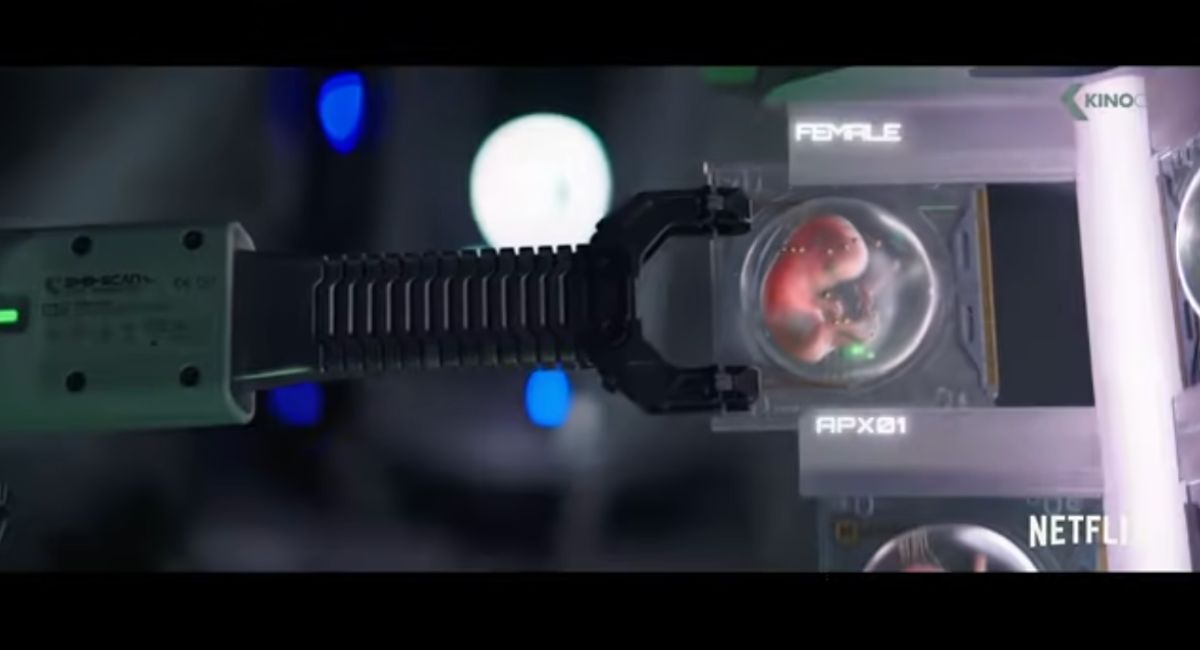According to the latest tech news, society has entered a new era in which humans and machines have swapped roles, and the machines are now making the humans.
In what is being called a “historic medical breakthrough,” the first baby has been born through a “fully automated IVF procedure powered by artificial intelligence (AI) and robotics” as part of a study published by Reproductive Biomedicine Online.
According to US News & World Report, the “world’s first baby conceived through robot-controlled fertilization has been born…” to a 40-year-old woman in Mexico. Remote operators in Guadalajara and New York oversaw an automated system in which AI selected a sperm from the woman’s partner, prepared it for injection, and then injected it into an egg from a 23-year-old ‘donor.’
“With AI, the system autonomously selects sperm and precisely immobilizes its midsection with a laser ready for injection — executing this rapid, precise process with a level of accuracy beyond human capability,” said lead researcher Gerardo Mendizabal Ruiz, director of the Computational Perception Laboratory at the University of Guadalajara.
Jacques Cohen, the scientist who pioneered the freezing and thawing of embryos for use in IVF, said that AI-fertilization “represents a transformative solution that promises to enhance precision, improve efficiency, and ensure consistent outcomes.”
It’s as though Cohen isn’t speaking about human beings at all, but about items on a factory production line, because that is what artificial reproductive technologies and in vitro fertilization have reduced the creation of human life to — a new industrial revolution. Sci-fi thrillers instilled fear of robots taking over the world, but that fear can now be replaced with a new one: robots controlling us because they made us.
It’s like something straight out of a sci-fi movie:
For the study, AI fertilized five ‘donor’ eggs while human technicians fertilized three more as “controls.” Four of the five eggs were successfully fertilized by AI compared with all three that were fertilized with the standard method. One of the embryos fertilized by AI was implanted in the 40-year-old woman, who became pregnant and gave birth to a baby boy.
READ: Donor-conceived individuals applaud end of donor anonymity in France
The experiment was carried out at Hope IVF Mexico as part of an investigation into the automation of fertility labs. Its success, said researchers, is “a critical proof of concept, demonstrating that digital control and remote supervision of ICSI [intracytoplasmic sperm injection] can be achieved, paving the way for further evaluation studies.”
Researchers plan to test this system, which was developed by Conceivable Life Sciences, through a wider clinical trial involving more men, women, and children.








